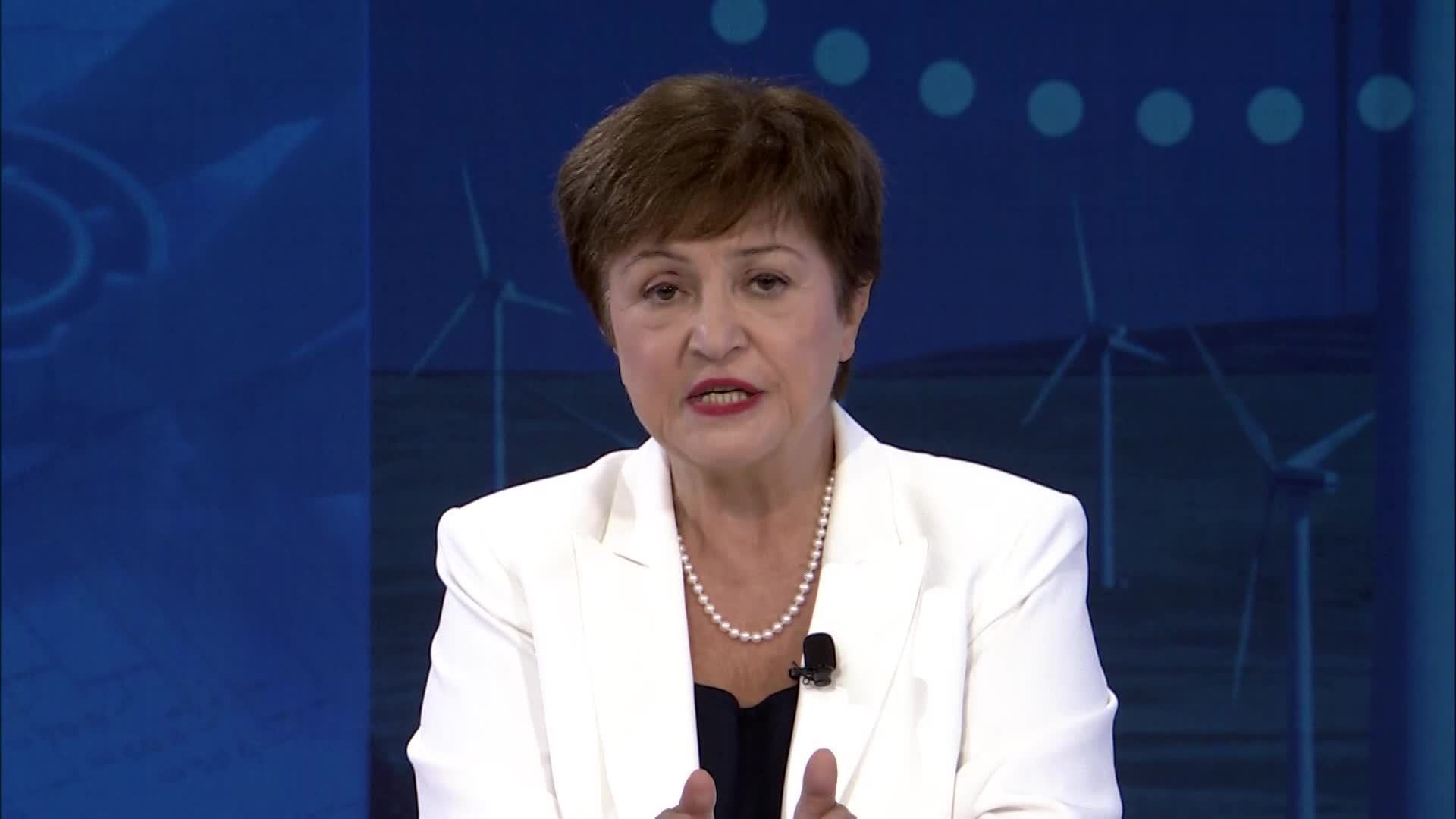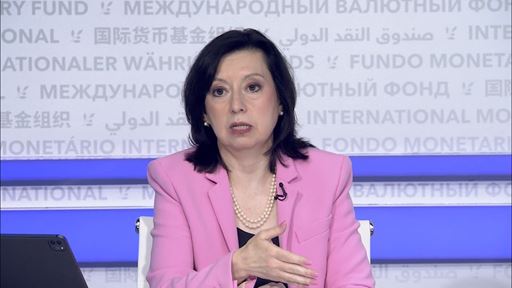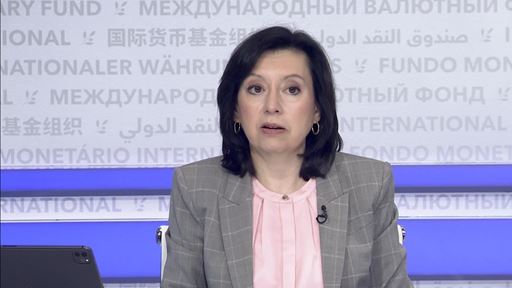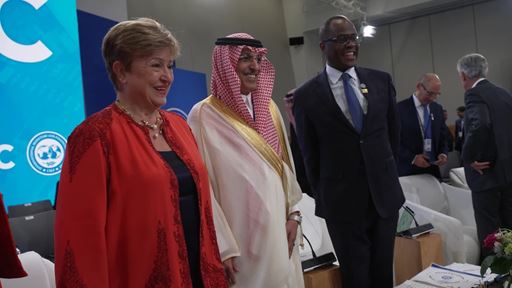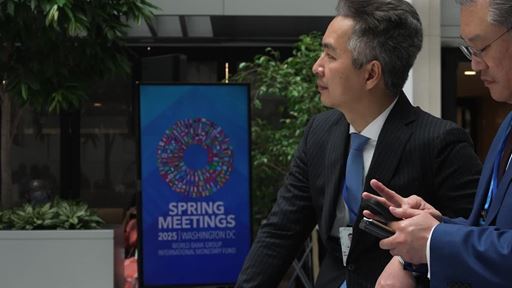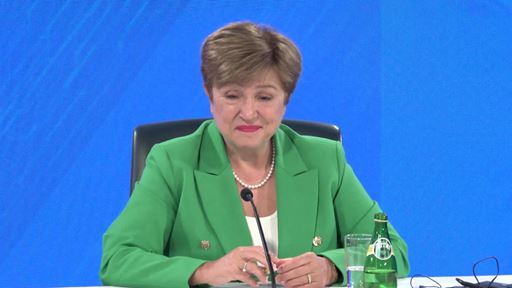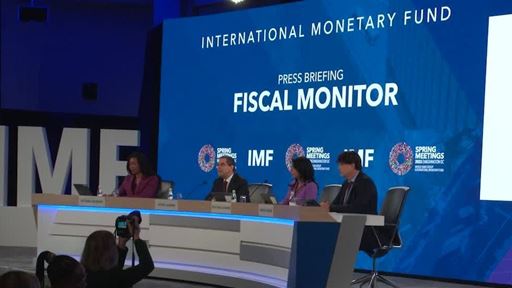The IMF’s Managing Director Kristalina Georgieva announced today (Wednesday, October 13) in her virtual press briefing on the Global Policy Agenda that more uncertainty in supply chain disruptions and inflation prospects, along with elevated debt levels and a persistent economic divergence are what lies ahead.
“Why we should care about this divergence in economic fortunes between advanced economies, some emerging markets, and the rest of the world? Because as long as it persists and especially if it widens, this risk of interruptions in global supply chains is going to be higher and therefore the pressure on prices, the pressure on inflation would be higher. And let's remember that we are watching also other factors that can hit on prices and lift them up, such as more frequent natural disasters that have lifted up food prices in so many places. Again, I repeat at this point, we expect to be transitory, but that hangs on an expectation that we will accelerate vaccinations and accelerate recovery where it is falling behind,” said Georgieva
Georgieva added that this round of Annual Meetings was launched at a particularly challenging time where policymakers are grappling with both the immediate policy objective to overcome the pandemic induced crisis and sweeping pressures to transform economies to make them stronger, greener, fairer.
She also announced that the IMF membership showed support to the creation of IMF’s Resilience and Sustainability Trust which aims to support policy choices in low income and vulnerable middle-income countries that would underpin the transformation of their economies and avoid a future balance of payment crisis.
“We had a board meeting on Friday almost four hours, and it was so uplifting to hear the support from the membership for the creation of this Resilience and Sustainability Trust. Our staff answered multiplicity of questions around eligibility. What are the criteria that we would apply? What are the financial arrangements for it? How it is going to work? And what is the main objective of it? To sum it up, what we want is to be part of the solutions policymakers will have to make about this long-term transformation, both on climate but also beyond climate to have more resilient economies,” said Georgieva
During the COVID-19 crisis the IMF has provided $118 billion to 87 countries and debt service relief to its poorest members. $650 billion equivalent of Special Drawing Rights were issued. Of those, $275 billion went to emerging and developing economies.
“We issued $650 billion equivalent of special drawing rights. Of those, $275 billion went to emerging and developing economies. And countries that are already benefiting from those SDRs, they see their official reserves going up. So, I am looking at the use of SDRs for priority needs like vaccine imports, lifeline spending and from our side, we are putting in place measures to increase the transparency in SDRs use and we aim to magnify the impact of the SDR allocation. So, what we do is we call on better off countries and they're responding to voluntarily on lend part of their SDRs so they can do more for countries in greatest need.” Said Georgieva
Georgieva concluded her statement by urging youth to speak up and engage on climate change. She explained that the Fund has been working very hard on policy priorities for climate action and the risks of a changing climate are macro critical, and the responses offer opportunities for green growth and green jobs.
“It is your future. I look at you. You want to live on a planet that is resilient, beautiful, this little blue dot, the only home we would ever know. Speak up. Stand up. Advocate for what is right,” said Georgieva.
To watch the full event, click here.

